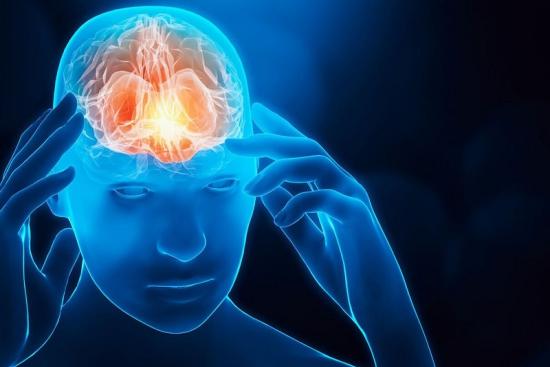A stroke can arrive like a sudden break in the rhythm of life, a hand that won't grip, a step that falters, a sentence that dissolves before it's spoken. In the wake of those first disorienting moments, one instinct often rises above all the others: “I want my life back.”
Stroke rehabilitation is not simply about relearning movements or recovering lost abilities. It's a journey of rebuilding, of reconnecting the brain with the body, regaining confidence, and rediscovering independence day after day. It's a process shaped by persistence, guided effort, and the remarkable capacity of the nervous system to adapt and heal.
In Turkey, advanced neurorehabilitation centers have designed intensive, personalized programs that combine hands-on expertise with state-of-the-art technology. Robotics, neural stimulation, virtual reality, and targeted therapy approaches work together toward a single goal: maximizing recovery and helping patients return to a meaningful, self-directed life as quickly and safely as possible.








